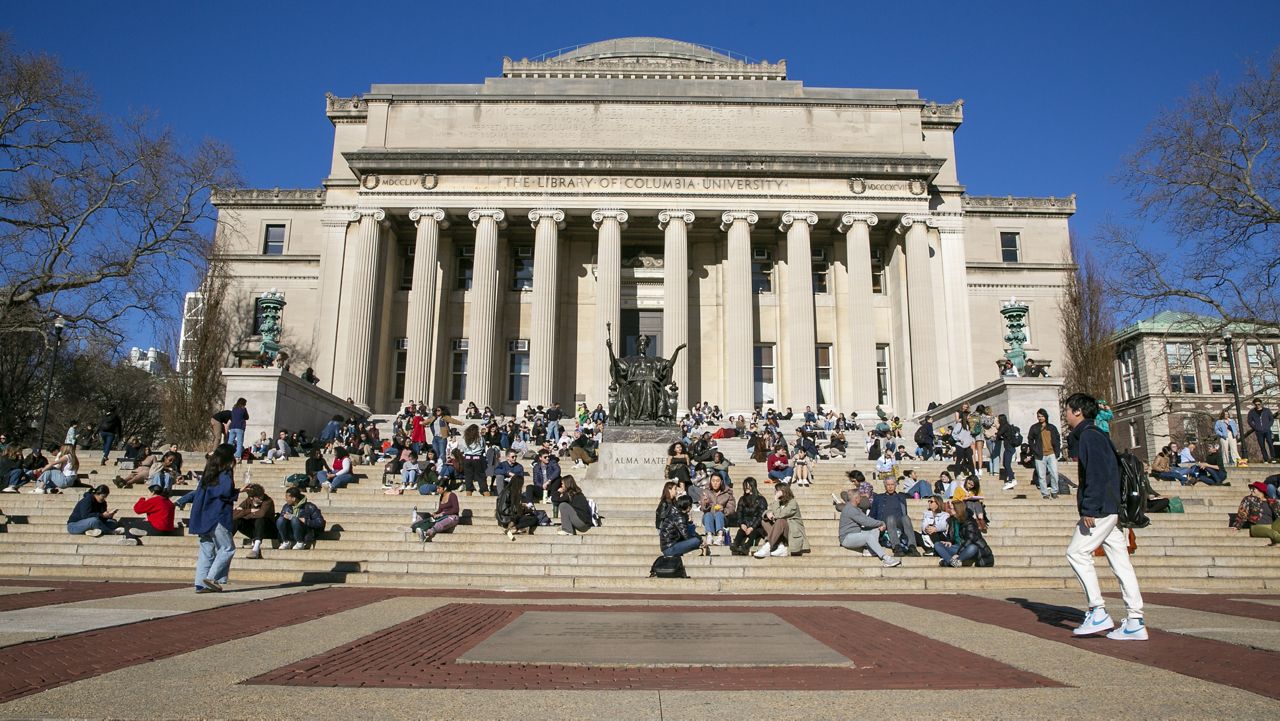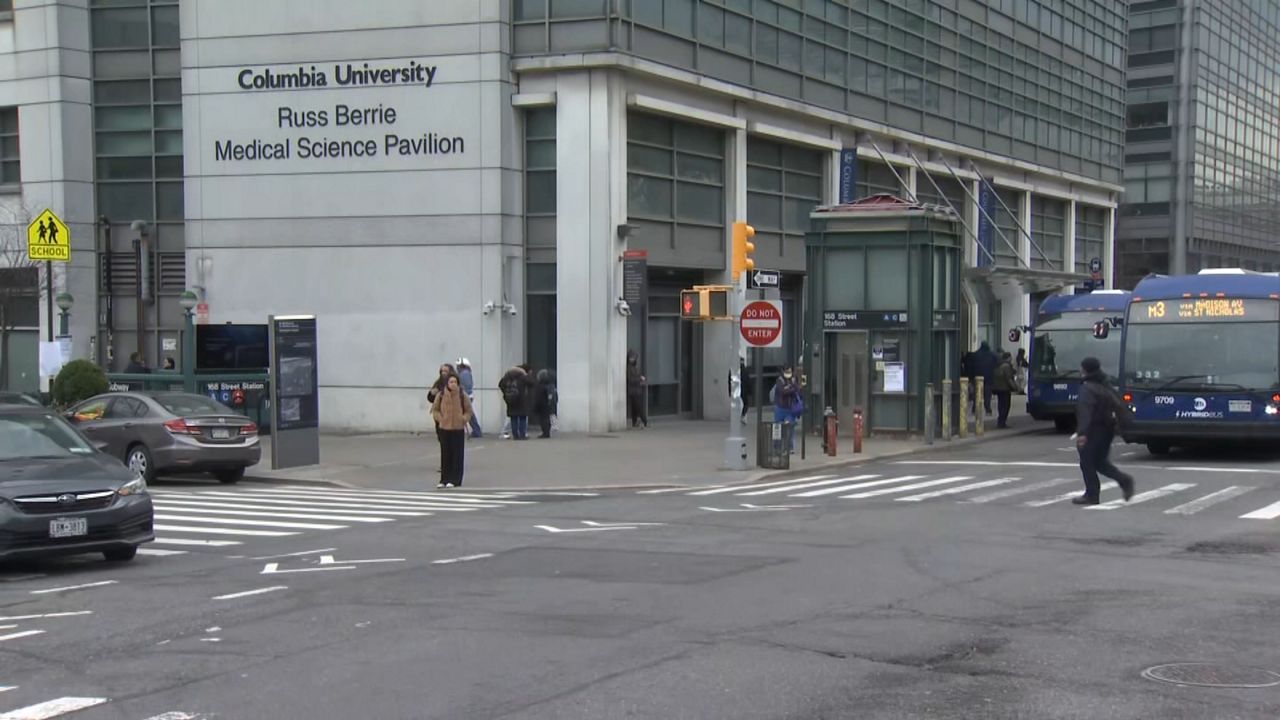NEW YORK - An intense focus on making it to college is a hallmark of KIPP charter schools. But when some graduates actually arrive on campus they struggle.
"KIPP always, even since middle school, they always enforced the idea of going to college, like it was always, that's the goal, teachers would always be like, we hold your hand here, but in college, it's not going to be like that," said Fatoumatta Ceesay, a KIPP graduate and Hunter College student.
KIPP's first high school class in New York graduated in 2013. 49 percent of the class, mainly black and Hispanic teens from low-income homes -- went on to earn a bachelor's degree within six years. That's well above the national average for low-income students, which is 11 percent. But the charter network believes it can do better.
"It is a challenge for a lot of our students, dealing with choice and options, just the vast array of the choices and options that they're encountering on a day-to-day basis is very different from their high school experience," Kim David, senior director of college success at KIPP, said.
To help its graduates stay on track, KIPP is turning to people who understand -- KIPP graduates who already have made it through college. KIPP calls them College Success Fellows.
The Fellows work with KIPP graduates at colleges and universities across the state, and right here in New York City at Hunter College.
Kaylla St. Luce is a graduate of KIPP's city high school and Baruch College. Now, she counsels 75 KIPP graduates who attend 19 different colleges.
"I just graduated from college in May 2018, so it's easier for me to give advice to someone who's in college now, because I literally just went through the process," St. Luce said.
"If I'm ever struggling, I just text Kaylla she's always there for me, whenever I need her. And she's been great in my college process," Ceesay said.
St. Luce helps students with everything from keeping track of their financial aid to joining campus clubs.
"A lot of our students find it hard to ask for help, so we try to teach them that it's ok to ask for help."
Having a lifeline means many students know where to turn.
"Some people come in and then they're just so unsure of what they want to do, and all they need is just that little extra help," Ceesay said.








